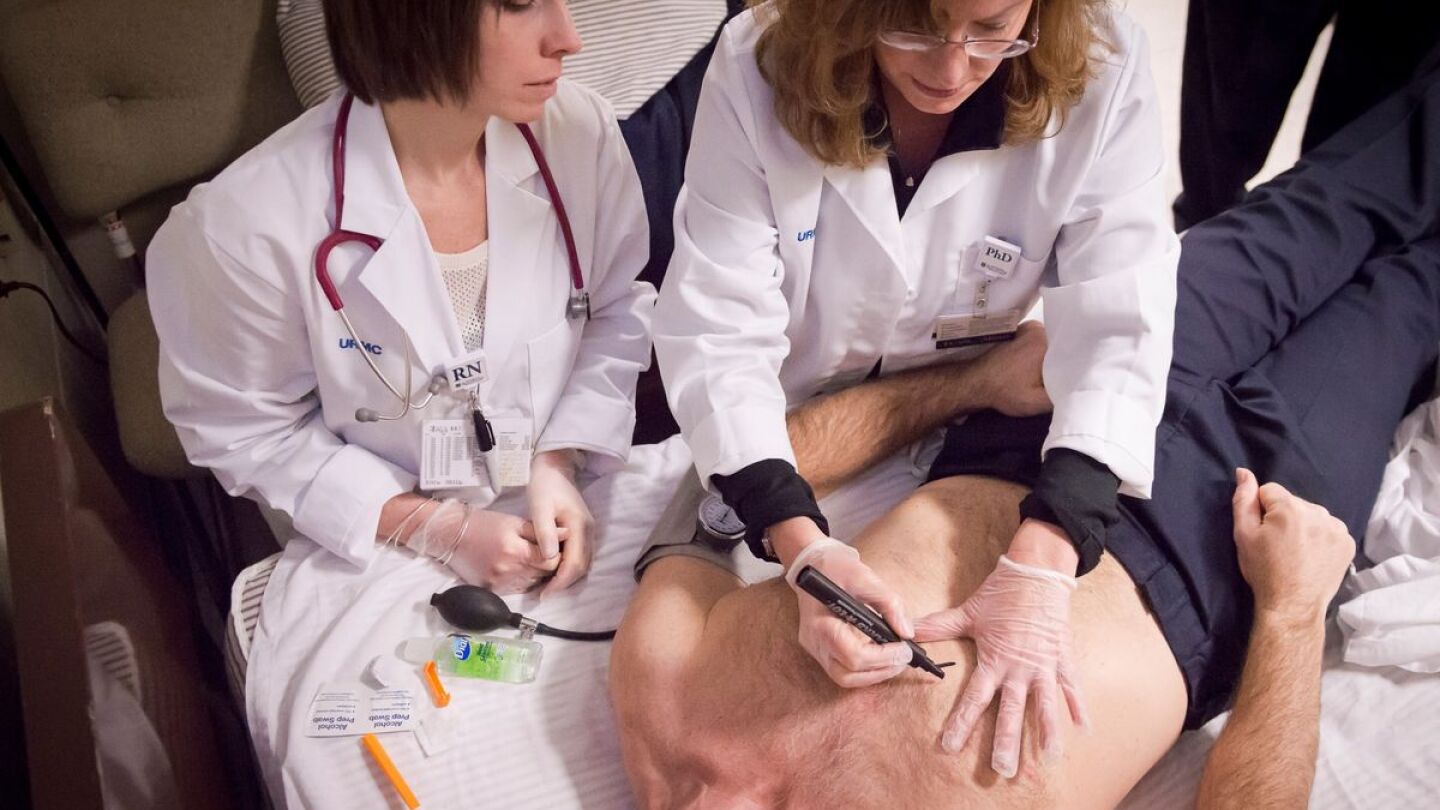Artificial Intelligence
Our directory provides a range of articles on Artificial Intelligence (AI) in EMS, offering insights into how AI is transforming emergency medical services. Topics include AI-driven diagnostics, predictive analytics, and the integration of AI in patient care and dispatch systems. Understanding the impact of Artificial Intelligence is crucial for EMS professionals looking to stay ahead in a rapidly evolving field. Additionally, consider exploring our resources on emerging EMS technologies, which are closely related to the advancements driven by AI. Access these articles to learn how AI can enhance your practice and improve patient outcomes.
COO Danielle Thomas shares how an AI app is slashing cognitive overload, boosting crew confidence, and redefining onboarding
A Forbes Top Futurist with skin in the game calls for EMS to re-examine how it recruits, relates and retains its people in an era of relentless change
In this data-packed EMS One-Stop episode, Drs. Brent Myers and Remle Crowe share 7 critical metrics, from opioid overdoses to pediatric behavioral health, reshaping prehospital care
Artificial intelligence is being tested to see how it can answer non-emergency calls, reducing dispatchers’ workload
A guide to enhancing workforce conditions, improving quality of care and shaping the future of the industry
Researchers said once the AI model was familiar with firefighter-specific medical data, it was able to identify 6,000 abnormal ECG samples with 97% accuracy
Real-time feedback saves lives; when a critical call comes in, fleet management technology backed by real-time data makes a difference
The artificial intelligence revolution has arrived; learn how OpenAI’s most popular innovation can add value to EMS
How technological advances influence PSAPs and ECCs and redefine the public safety ecosystem
CognitiveEMS, developed by University of Virginia researchers, provides prompts to support responders’ decision-making
Corti, an AI assistant, uses speech recognition software to analyze the conversation and alert dispatchers if the patient is experiencing sudden cardiac arrest












